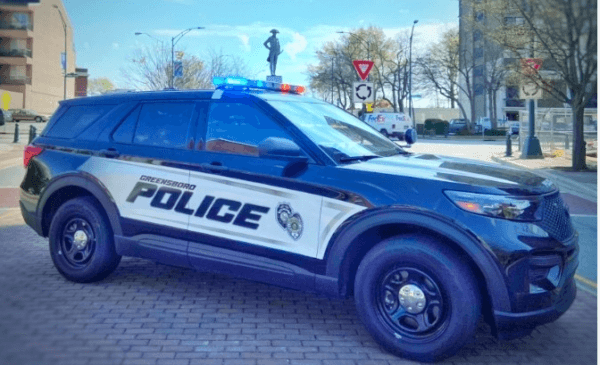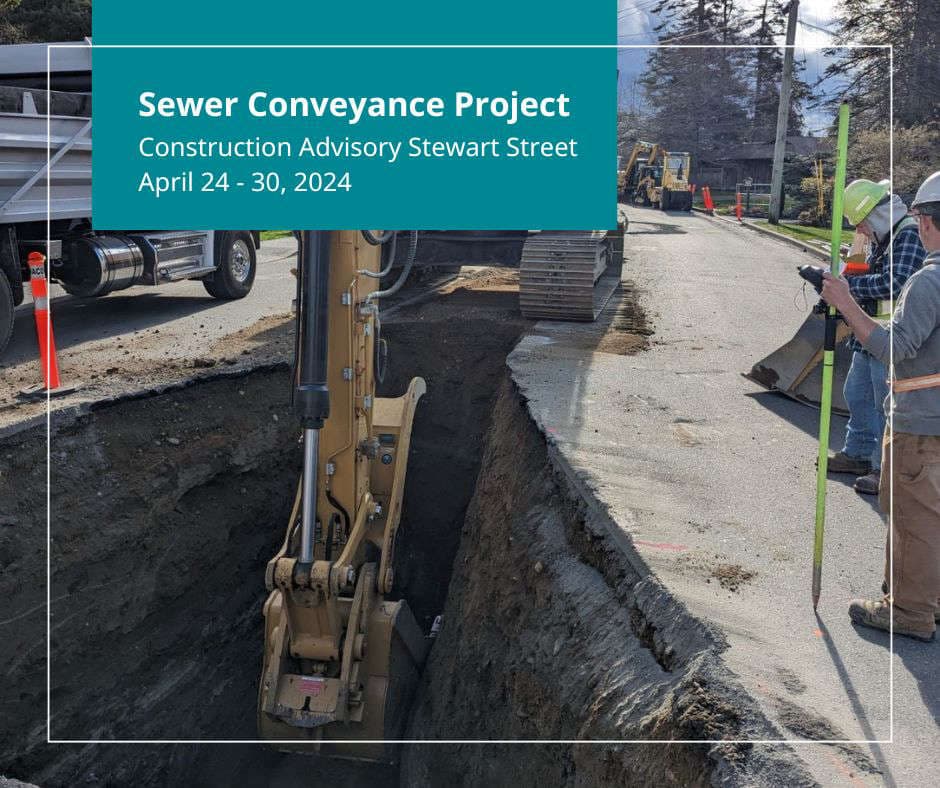Greensboro Seeks Public Input in National Police Chief Search
Greensboro has retained a national recruitment firm after Police Chief John Thompson announced he will retire in February 2026, and officials are inviting residents and department staff to in person meetings in November and December to shape the ideal candidate profile. The outreach effort matters for local public safety and trust, because community feedback may influence priorities and the selection process ahead of finalists being named.

Greensboro city officials, responding to Police Chief John Thompson's announcement that he plans to retire in February 2026, have hired Developmental Associates to conduct a national search for the next police chief and are soliciting community input through public meetings this month. The city says the recruitment firm will work with both department personnel and residents to develop a candidate profile, signaling an intention to balance internal experience with outside perspectives in selecting new leadership.
City organizers scheduled three in person public sessions for late November to gather feedback and noted that a second round of meetings is planned for December. The November sessions are set for Wednesday November 19 from 6 to 8 p.m. at the Craft Recreation Center located at 3911 Yanceyville Street, Thursday November 20 from 6 to 8 p.m. at Peeler Recreation Center at 1300 Sykes Avenue, and Friday November 21 from noon to 2 p.m. at Lindley Recreation Center at 2907 Springwood Drive. Language access and interpreter assistance are available through the Community Relations Office as part of efforts to reach Greensboro's diverse neighborhoods.
The city emphasized outreach to both sworn officers and civilian staff, along with the broader public, so that the recruitment process reflects a range of perspectives on department priorities. For residents, participation offers a direct way to influence issues such as community policing, accountability, resource allocation, and the overall tone of local law enforcement leadership. The timeline, with retirement taking effect in early 2026, gives the city several months to refine candidate criteria and to consider finalists before a selection is made.
This leadership transition is a major local governance event that intersects with everyday concerns about safety, equity, and municipal responsiveness. National searches can attract candidates with varied backgrounds and experiences, but they also raise questions about how well an outsider would understand the particular social and cultural dynamics of Guilford County. By holding public meetings and offering interpreter services, city officials are signaling an awareness that community trust and legitimacy depend in part on inclusive engagement.
Residents can expect continued coverage as the recruitment process unfolds and as Developmental Associates compiles public input, interviews stakeholders, and identifies finalists. The community input phase will be closely watched by those focused on police reform, neighborhood safety, and civic participation, because the person selected to lead the department will set priorities and shape relationships between law enforcement and the diverse communities it serves.

